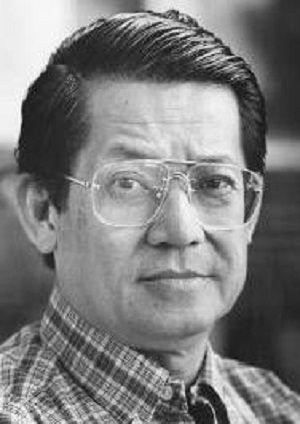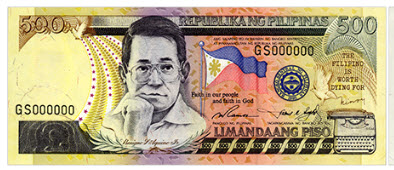
Benigno “Ninoy” Aquino Jr. was a prominent Filipino political figure, best known for his role as a leading opposition leader during the dictatorship of Ferdinand Marcos. Born on November 27, 1932, Aquino became a significant figure in Philippine politics at a young age. He was elected as the nation’s youngest mayor at the age of 22 and later became the youngest senator at the age of 34. His rapid rise in politics was marked by his charismatic personality and strong advocacy for democratic reforms.
Aquino’s staunch opposition to the Marcos regime led to his imprisonment in the early 1970s, shortly after Marcos declared martial law in the Philippines. He spent several years in prison, during which he went on a hunger strike and was eventually permitted to go to the United States for medical treatment.
While in exile in the U.S., Aquino continued to speak out against the Marcos regime and became a symbol of democratic resistance for many Filipinos. He made a fateful decision to return to the Philippines in 1983, believing his presence could inspire change and peaceful reform. However, Aquino’s return was cut short when he was assassinated on August 21, 1983, as he disembarked from his plane at the Manila International Airport.
Aquino’s assassination was a pivotal moment in Philippine history. It galvanized the opposition against Marcos and led to a series of events that culminated in the People Power Revolution of 1986. This revolution led to the end of Marcos’s rule and the restoration of democracy in the Philippines.

